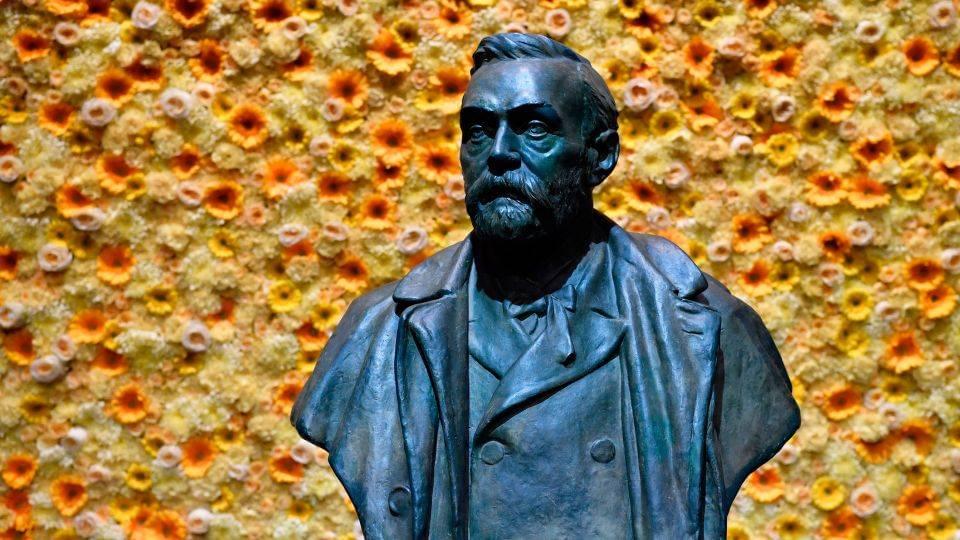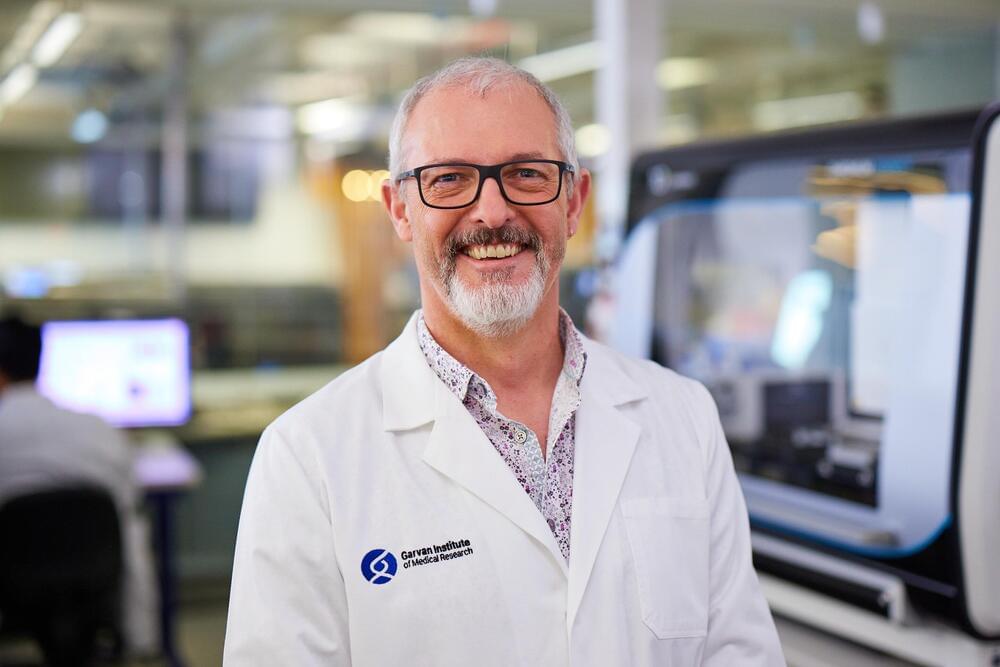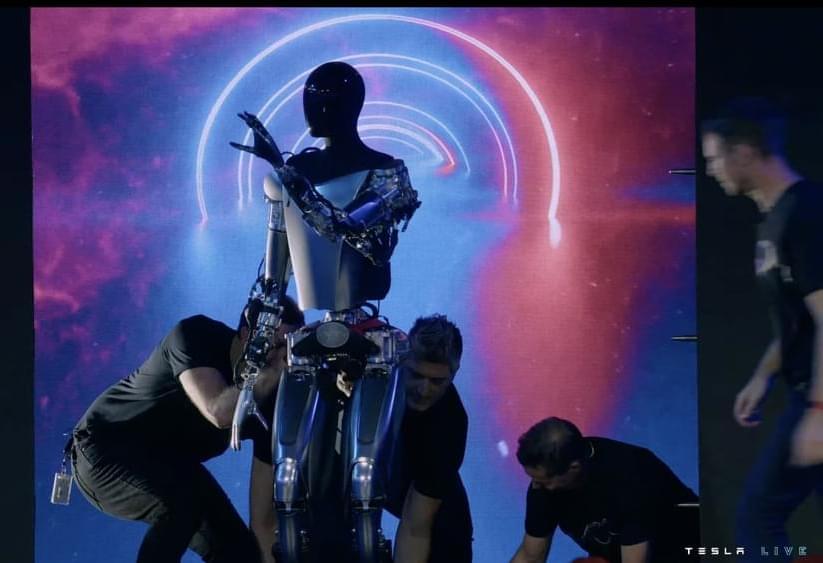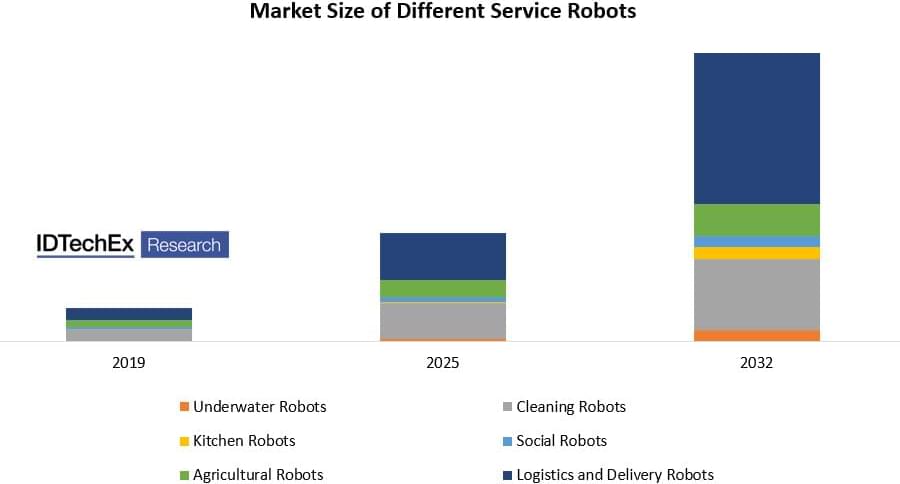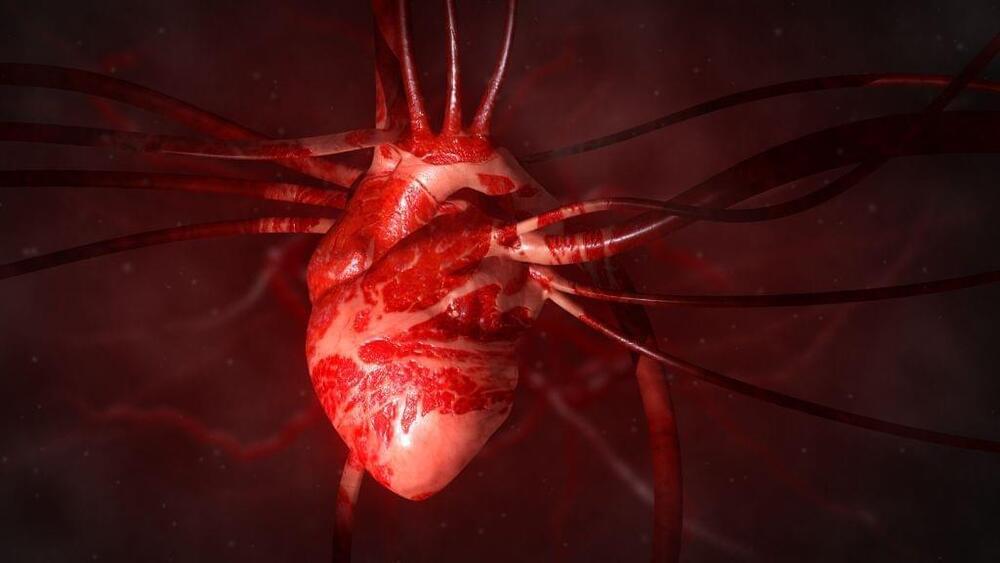SmartNews is the most efficient way to get all your news now.
A new study from the Garvan Institute of Medical Research shows how rises in core body temperature may trigger the inflammatory flares in people with a rare genetic autoinflammatory disease.
The recessive disorder, called mevalonate kinase deficiency (MKD), is caused by mutations in the gene for mevalonate kinase, an essential enzyme present in all cells in the body. Lack of this enzyme leads to a build-up of abnormal proteins, which causes cells of the immune system to malfunction and trigger inflammation.
The condition usually appears in early childhood, and patients experience regular episodes of high fever and skin rashes, ulcers, swollen lymph nodes and abdominal pain. Very severe disease also causes neurological and developmental problems and can be fatal.
The saga of Elon Musk and the abandoned Twitter acquisition has a little bit of everything–except for a clear protagonist. Maybe that’s finally changing. But first…
Tesla CEO Elon Musk has thrown out an idea about building a video game that uses Tesla’s Simulation to reconstruct a playable version of your neighborhood.
The leading maker of electric vehicles is trying to satisfy strong worldwide demand for its cars.
Researchers recently demonstrated artificial wombs keeping embryonic-stem-cell-derived mice alive for almost half their gestational period.
For Immediate Release.
IDTechEx Asks if Tesla’s Humanoid Robot “Optimus” Will Really Be Able to Serve People
IDTechEx.
Oxytocin, sometimes called the “love hormone,” may help heal broken hearts — literally. In a new study of zebrafish and human cells, scientists found that the brain-made hormone may help heart tissue regenerate after injury and, in theory, could someday be used in the treatment of heart attacks, according to the researchers.
Because the new study was conducted in fish tanks and lab dishes, however, this theoretical treatment is still far from realization.
